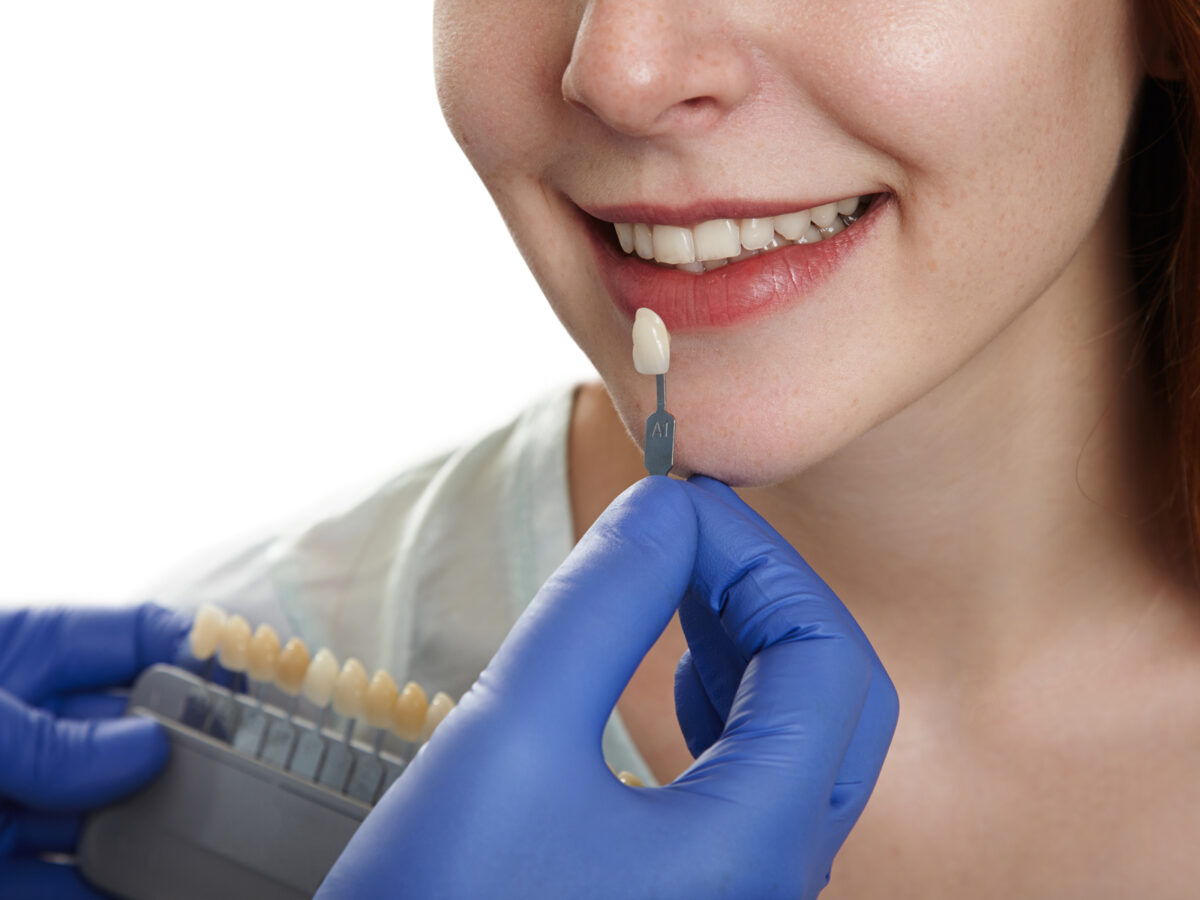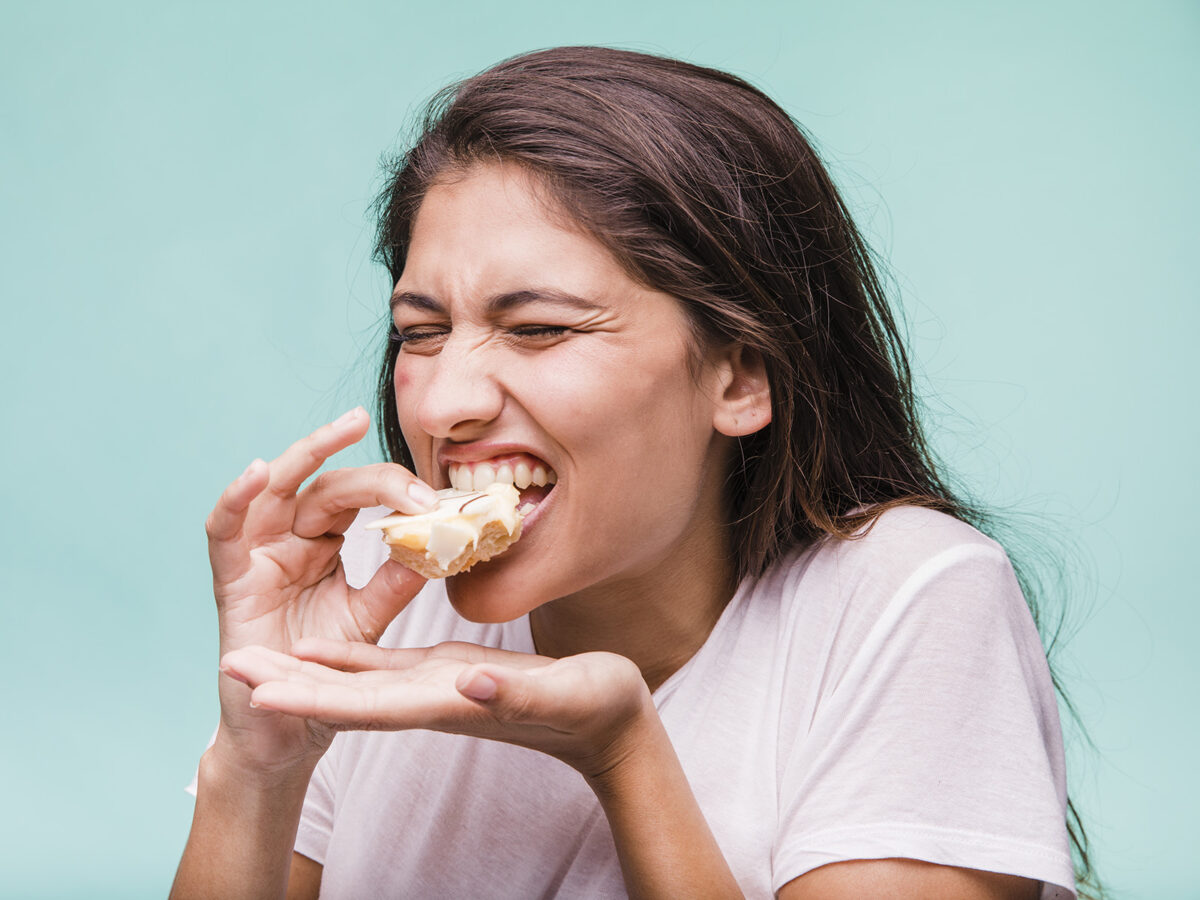Childhood fears are many, and one of them is dentophobia or anxiety around dental appointments. A survey says that about twenty percent of school-going kids are scared of going to the dentist, which equates to one out of five children having a fearful response to the idea of sitting in a dentist’s chair.
This fear of dentists could be because of several reasons, such as a previous bad experience or they learned it from a family member. This anxiety is sometimes also due to kids still learning about the world and how it works.
Dentophobia can be so excruciating for some kids that their parents have difficulty getting them to the dentist. But regular visits to the dentist are of paramount significance for young kids as it helps build proper oral hygiene. So what do parents do?
Here we will learn more about where this fear of dentists stemming from in kids and, as parents, how you can alleviate this anxiety.
What Is Dentophobia?
Dentophobia denotes the phobia of dentists. Fear is different from a phobia.
- Fear is when you are scared of something, but it is noticeable only when it happens and does not interrupt your daily life.
- Extreme fears characterize phobias, and they interfere with everyday living. Phobias or anxiety disorders can also cause panic attacks.
- Anyone fearful of dentists would still schedule appointments for yearly checkups and show up at the dental office even if they are scared the whole time. Those with dentophobia will never schedule an appointment with their dentist and avoid it at all costs.
Some Of The Root Causes of Dental Anxiety In Kids
The first step in trying to help your kid with dentophobia is to understand where it is coming from. Most kids who are scared to go to a dentist have one or many of the following fears:
- Breathing is obstructed – During a dental exam or cleaning, patients’ mouths are open, making it difficult to breathe normally. If a child is a mouth breather, this position makes it even more difficult for him/her causing anxiety.
- The feeling of being powerless – When you lie on a dentist’s chair and have another person’s hands inside your mouth, you can feel vulnerable. This feeling is more intense in a kid as they already feel small in front of adults and are unable to use their instincts to disengage themselves from a scary situation. Also, if a kid is hurting while the dentist is going on with the checkup, they are unable to express it when their mouth is obstructed.
- Pain – Though dentists try their best to minimize the pain, there could be times when hurting is inevitable. Maybe your kid underwent some dental work where the dentist was not gentle enough or did not medicate properly. This memory can make dental visits scary for children.
- Fear of dental setting – Kids get overwhelmed by the sight of so many instruments in the dentist’s office. Some kids have sensory issues which get triggered by the dentist’s office environment, sound, and smell.
Ways To Help Your Kid Be Comfortable In Dental Appointments
Dentophobia must be addressed early on, and parents need to team up to work together to help their kids overcome this anxiety. Here are some tips on how you can alleviate dental anxiety in your child:
- Talk to your kid – You can understand what is truly bothering your little one by talking to them. By being a good listener and asking questions in a kind and gentle tone, you can aid your kid in sharing their fears and give them support.
- Let your child pre-meet the dentist – If your kid’s dentist is active on social media platforms, you can introduce him/her to your kid using these tools, for instance, FB Live. Familiarity with the dentist outside the dental chair can soothe a child’s mind, and s/he could be more welcoming towards the idea of meeting the dentist.
- Roleplay – Child therapists use roleplay extensively to develop social and emotional skills in children. You could utilize the same method to develop a healthy outlook in your children toward dentist visits. Take turns with your child playing a dentist and a patient, but if your kid has an extreme phobia and refuses to take part in roleplay, do not push it.
- Go to a pediatric dentist – Pediatric dentists work only with children and possess additional experience and knowledge in child’s behavior as well as health. They are an excellent choice for kids, and if your kid is having problems adjusting to your current dentist, consider switching to a pediatric one.
- Show up early at the office – Coming early to the dentist not just gives you extra time for all the paperwork but also aids your kid in acclimating and relaxing in the dentist’s office. Sometimes anxiety in a child is due to overstimulation and not fear, so if you allow them more time to get used to the new environment, you have a better chance of a smooth appointment.
Dental anxiety is a real hindrance for your children which prevents a healthy oral regime. Take the necessary steps today to enhance your kid’s experience at the dental office.




